Teleconsultation, the starting point of telemedicine services at UMMC, was implemented with the aim of optimizing outpatient services by reducing clinic overload while simultaneously increasing patient access to medical care remotely. The main challenges in ensuring project sustainability are patient education and acceptance of the technology. The initial implementation was carried out via website consultation. During its monitoring phase, various issues were identified namely appointment cancellations due to patients forgetting appointment dates and needed to be reminded, and forgetting the flow on registration requiring nurses' assistance via phone call. These issues resulted in increased workload. Through the innovation of mobile application, the issues were significantly reduced. Surveys showed 82.4% (N=74) of patients prefer using mobile applications during consultation. The efficacy of education via QR code increases user level of understanding by 97.3% (N=74). It is worth to note that 60% of users successfully registered virtually without assistance. Whilst notification system functions of the mobile application is found to improve patient readiness for consultation. Strategies implemented to address the issues proved to significantly reduce healthcare workers' workload and increases patient satisfaction with benefits of time and cost-savings. Positive feedbacks are testimonies of patients' interest in using this service. Development of digitalization technologies necessitates continuous improvements of teleconsultation services, taking into consideration the digital adaptation gap due to patients' various socio-economic background and receptive levels. UMMC firmly believes that individualised and patient-centred education is primary in ensuring sustainability of teleconsultation
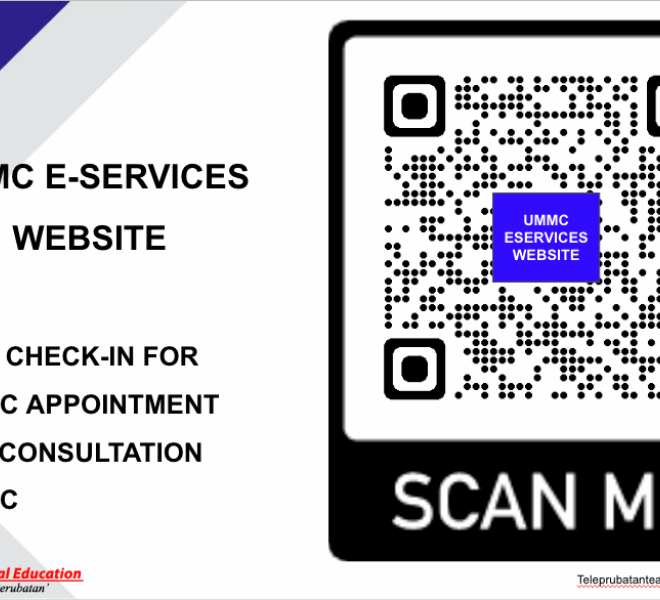
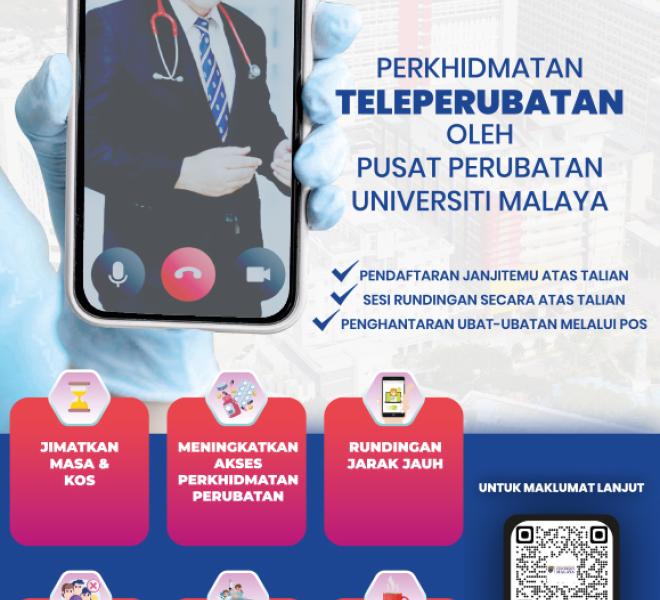
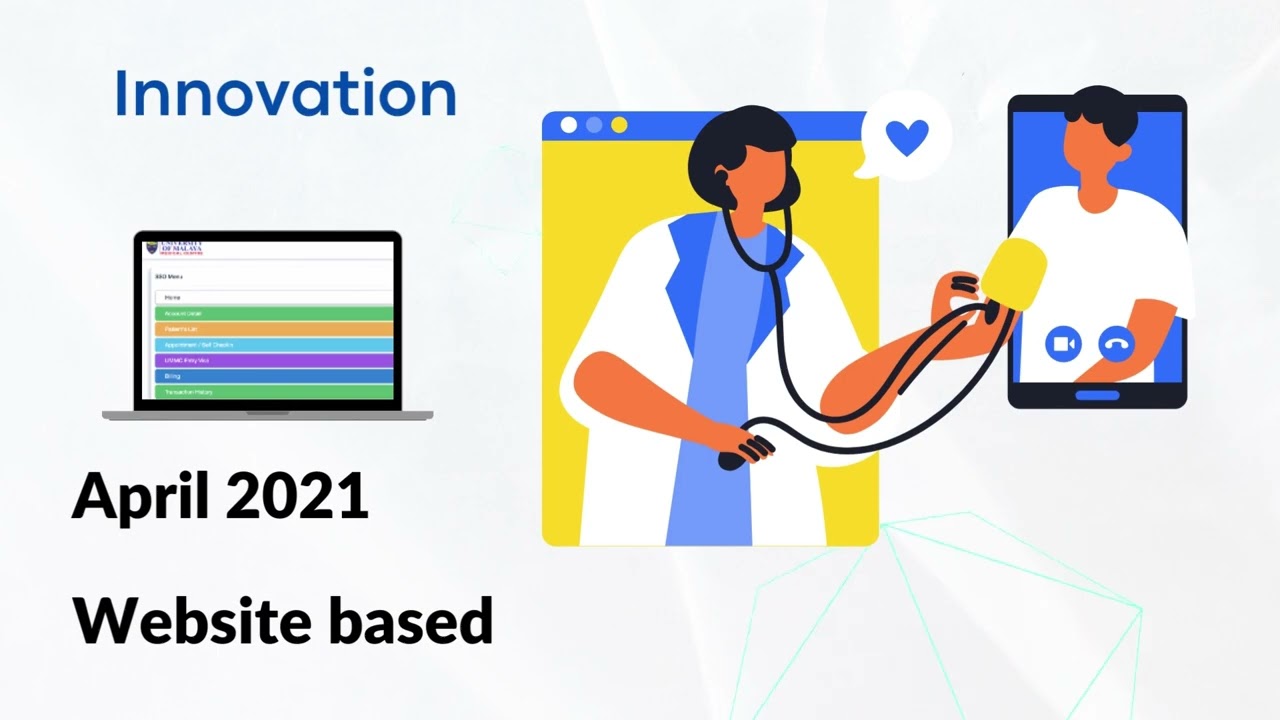
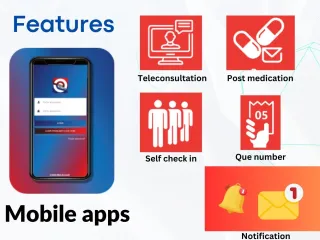
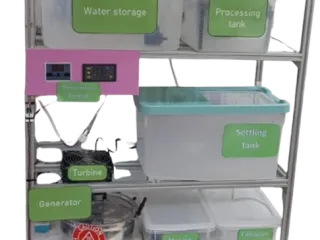
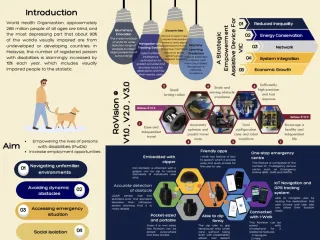
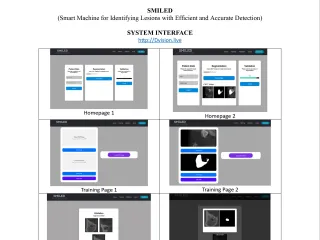
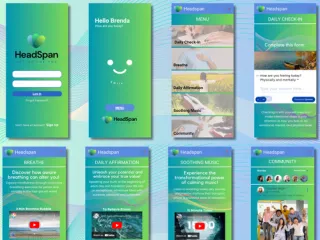
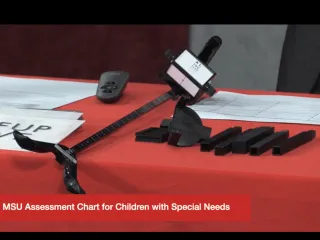
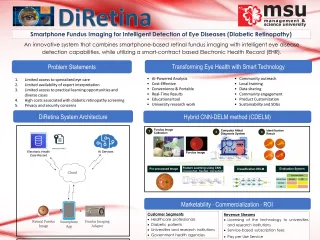
Komen